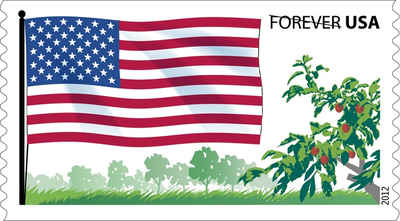
US Counties
College Search
State Facts and Figures
State History Guide
- US Counties
- On This Day in History
- State Early Histories
- State Facts & Firsts
- State Famous People
- State Histories
- State History Timelines
- Statehood by Name
- Statehood by Date
- State Economies
- State Mottos
- State Names
- Origin of State Name
- US Flag (Stars & Stripes)
- US Flag History Timeline
- Resident's Names
State Symbols
State Economies
Media Guide
The US Counties: History and Information

US Counties: Find a County: County Locator
Forty-eight of the fifty states have operational county governments. Alaska and Louisiana call their county type governments boroughs and parishes, respectively. Connecticut and Rhode Island are divided into geographic regions called counties, but they do not have functioning governments, as defined by the Census Bureau. The number of counties per state ranges from the three (3) counties of Delaware to the two hundred fifty four (254) counties of Texas.
How many counties are there in the United States?
There are 3,143 counties and county equivalents in the 50 States and the District of Columbia. They are categorized as follows:
- 3,007 counties
- 19 Boroughs in Alaska
- 11 Census Areas in Alaska (for areas not organized into Boroughs by the State)
- 64 Parishes in Louisiana
- 41 Independent Cities (1 in Maryland, 1 in Missouri, 1 in Nevada, and the remainder in Virginia)
- 1 District - the Federal District or District of Columbia.
This does not include Commonwealths and territories with what are generally county equivalents, which are as follows:
- 78 Municipalities in Puerto Rico
- 2 Districts in the US Virgin Islands
- 9 Election Districts in Guam
- 17 Districts in the Northern Mariana Islands and
- 5 Districts in American Samoa
The number of counties per state ranges from the 3 counties of Delaware to the 254 counties of Texas. Hawaii and Delaware each have the fewest counties (3); Texas has the most (254). In addition to the 3,007 counties, there are 33 city-county governments (i.e., cities that have consolidated government functions with their surrounding counties). Jacksonville/Duval, City/County are examples of this type of government structure.
Counties vary greatly in size and population. They range in area from 26 to 87,860 square miles (i.e., Arlington County, Virginia and the North Slope Borough, Alaska). Similarly, the population of counties varies tremendously from Loving County, Texas, with its 67 residents, to Los Angeles County, California, which is home to 9,519,338 people.
Counties with populations under 50,000 accounted for nearly three-fourths of all county governments in 2000.
Originally, in continental Europe, a county was the land under the jurisdiction of a count .
The term county is used in 48 of the 50 states of the United States for a tier of organization immediately below the statewide tier and above (where created) the municipal or civil township tier.
Louisiana has entities similar to counties but calls them parishes. Alaska is divided into boroughs, which typically provide fewer local services than do most US counties, as the state government furnishes many services directly.
But age, size and colorful names of our counties isn't the only reason to explore counties' role in American history, or the history of county government itself. In fact, the story of county government reflects the larger meanings of American history.
Today's counties are the most flexible, locally responsive and creative governments in the US. They are the most diverse, varying in size, population, geography, and governmental structure. In their politics and policies, they express a 1990's political slogan "Think globally, act locally."





